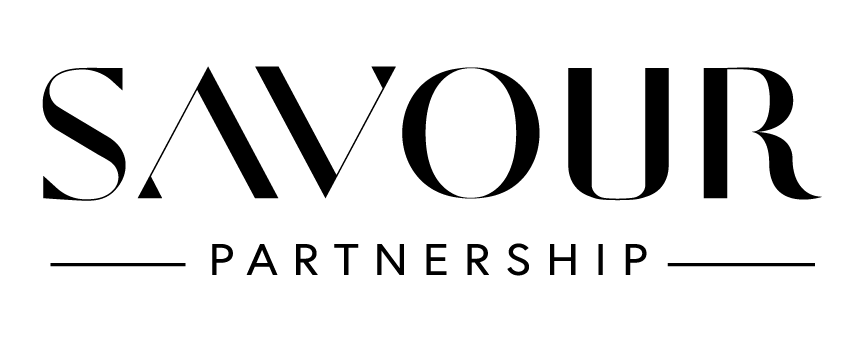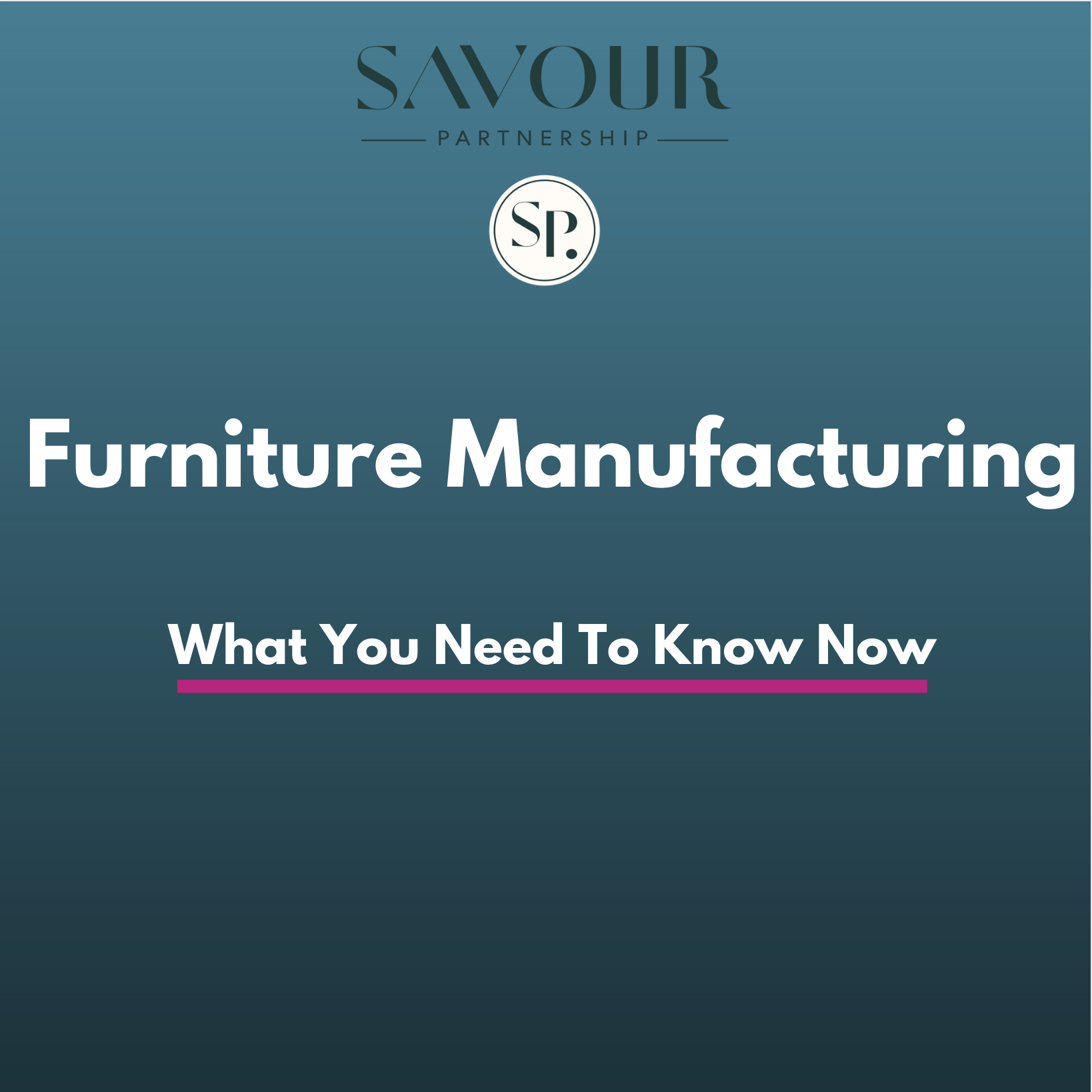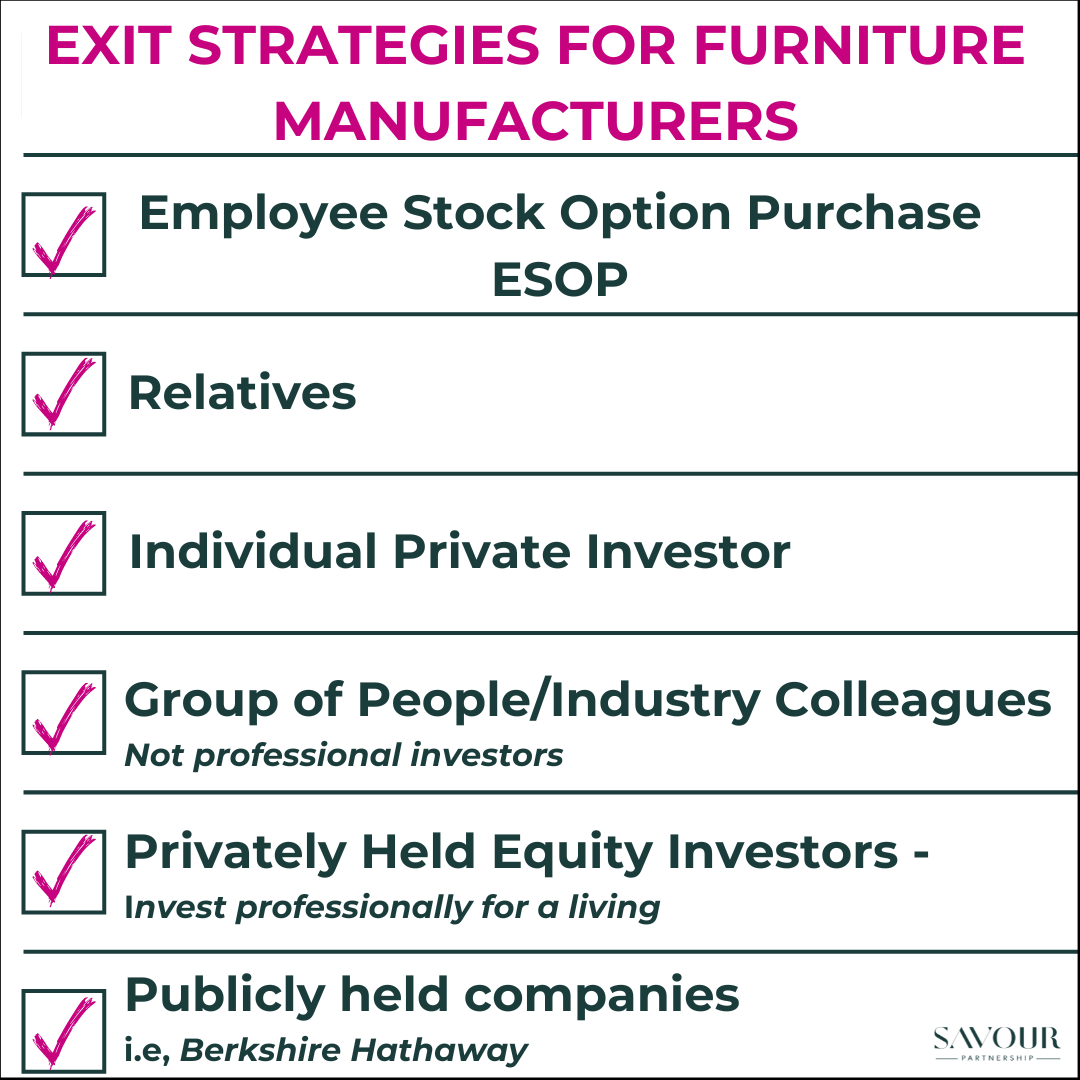Furniture Manufacturing: What You Need To Know Now
There is a lot of chatter about what’s going on in the furniture industry due to the closure in August of 2023 of two major furniture manufacturers.
As many of you reading this have seen on TV or read about online or in your local papers, two major North Carolina based furniture manufacturers suddenly ceased operations in August because their banks pulled their lines of credit.
One, Klaussner, abruptly closed early in August, 2023 and one, Mitchell Gold + Bob Williams, abruptly closed in late August, 2023.
What this has meant for the impacted employees can be summarized [for the most part] in one word: devastation. Luckily, however, because of the shortage of skilled craftspeople and trained, creative salespeople, other furniture manufacturers and retailers have quickly responded to let the employees of both companies know they are hiring.
[ If any of you reading this are an employee of either company, and need help getting in touch with either mfgs who are hiring or retailers who are hiring, let me know at leslie@savourpartnership.com so I can connect you. ]
There has been a lot of talk online about how terrible it is that these 2 companies were owned by private equity investors who ruined these once great companies through poor management and how they don’t care about the employees. And while that may or may not be true, what is true is that no private equity investor goes into an acquisition hoping to lose money.
So, what really happened? Noone knows for sure but what I did find out through reading hundreds of comments online is that many people don’t know how manufacturers finance growth nor how they exit, nor how banks work.
So I’m writing this as a deep dive into what you need to know now about how furniture manufacturers finance growth, the exit strategy choices owners have when they’re ready to sell and what happens when a manufacturer runs low on or is out of cash, no matter if the mfg. is owned by the original owner or another entity.
Ready?
First, these are the ways furniture manufacturers. can finance their business:
1. Cash on hand
2. Friends and Family
3. Bank Lines of Credit.
4. Factoring Receivables [ this is when factoring companies provide loans on incoming receivables. A well know factoring company in the furniture industry is CIT ]
5. Crowdfunding or Grants
6. Venture Capital
These Are The Exit Strategy Options For Furniture Manufacturers
1. Employee stock option plans aka ESOP. Norwalk Furniture is a great example of an ESOP - giving employees eventual ownership through stock options ]
2. Relatives
3. An individual investor.
4. A group of individual investors not related to the family, who want to enter the business, but are not professional investors.
5. Private equity investors [ who invest professionally for a living ].
6. Publicly held investment companies like Berkshire Hathaway who make the acquisition and keep original management in place.
As of this date, Berkshire Hathaway does not own any furniture manufacturing companies, but does outright own several large furniture retailers, along with related industry companies like Benjamin Moore, Shaw Industries, Floor and Decor and Larson-Juhl, which gives them a lot of hard, inside data re: how furniture and related industry manufacturers are doing.
[ NOTE: In May of 2023, Berkshire Hathaway divested their 2.3 million share holding in RH - per Forbes. The stock has since rebounded from this date and is, as of Sept. 1, 2023, trading at $365.19. ]
Even publicly held companies like RH or Williams Sonoma, retailers who buy from manufacturers who private label for them, will go through up and down periods, though.
As noted, RH’s stock has rebounded significantly since Warren Buffet sold his shares and their 2nd quarter earnings call will be next Thursday, Sept. 7th, 2023 at 4 pm Central - a call eagerly awaited as a bellweather by many analysts and interested onlookers in the upper end segment of the home furnishings industry.
In the case of both Klaussner [a manufacturer without company owned retail stores ] and Mitchell Gold + Bob Williams, [ a manufacturer with company owned retail stores ] their owners sold to private equity investors, which is a perfectly normal business exit strategy.
[ NOTE: Both Stump & Company and Mann, Armistead & Epperson, LTD are both well known in the furniture industry for arranging mergers and acquisitions. ]
Understanding The Challenges Faced By Furniture Manufacturers
Anyone familiar with the furniture manufacturing business knows how cyclical and unpredictable sales can be, how dependent sales are on the state of the housing market and consumer confidence, and how complicated the supply chain and logistics challenges are for most manufacturers.
An additional huge risk of owning a furniture manufacturing company or running one is that large orders must be placed way ahead of actual sales, for textiles, foam, lumber inventory and other parts and pieces so they can service their customers with decent inventory lead times.
Over the past 3 years, the challenges of running a furniture manufacturing business have been magnified a hundred fold by the labor shortages caused by people leaving the work force due to Covid and other related issues [ needing to homeschool children, caring for elderly parents, passing away, retirement, sickness ] as well as by the severe foam shortages in 2021 and then the container shipping and regional and national trucking debacles of 2022.
And most manufacturers dealt with these challenges and survived the past 3 years because sales were pouring in due to consumers buying so much furniture during the first years of the pandemic.
But all of a sudden…the music stopped. Consumers stopped buying as much. And some manufacturers who managed their inventory and cash on hand conservatively during the past 2 years are perfectly okay, and are, in fact, in growth mode, but there are others who spent that pandemic money… ..and now, the sales aren’t there to support their overhead nor inventory positions.
High Growth/Low On Cash or No Growth/Low On Cash: What Banks Do In Either Case
Whether the business is owned by the original owners or has been sold to private equity, both types of owners are more often than not reliant on lines of credit provided by banks to fund their ongoing operations.
The problem is that a bank can pull a credit line from one day to the next, in either scenario, because banks have certain liquidity ratios that have to be met, and these generally favor lower risk scenarios where there is a lot of cash on hand.
So, if you’re the owner of a furniture manufacturer that doesn’t have the cash on hand to meet the banks’ required liquidity ratios, whether you are in high growth mode or doing poorly, a bank can pull your line of credit and close you down that day.
And this is what happened to both Klaussner and Mitchell Gold + Bob Williams. Their banks decided to pull their lines of credit - suddenly.
Do the owners know the company doesn’t have the cash on hand to meet the bank’s liquidity ratios? Yes. They do know. And normally they are scrambling to do all they can behind the scenes to find a new source of cash, or to find a buyer. However, during that process, the bank can still pull the credit line on any one day.
Can the manufacturing company owners tell the employees this is happening? No. Why? All the employees they depend on to keep orders flowing out and sales coming in would shortly leave. It’s a Catch 22 situation for any company and one that gives most owners severe heartburn and anxiety.
If you’d like to understand how banks work in even more detail, I recommend reading NIKE founder Phil Knight’s excellent memoir, Shoe Dog, which was blurbed by Warren Buffet as “ the best book I read last year….Phil Knight is a gifted storyteller.”
Reading that book gave me an education in how financing a growing company works and if you read it, too, you will understand how vulnerable companies are to their creditors, no matter how big the company is or who owns it.
A Word Of Advice For Anyone Purchasing Furniture
If you’re reading this, and you’re considering buying furniture, use your American Express card to make your purchases. Not a single one of us right now, myself included, knows the actual financial condition of any privately held furniture manufacturer.
Amex is very good about refunding money if there is a verifiable problem, and I know of a few designers who placed orders with Mitchell Gold + Bob Williams for their clients for large amounts, using their AMEX, who have already received a refund from Amex.
It’s always good to exercise caution.
And if you’re a designer reading this, [ or even a small business owner in any industry subject to unpredictable events ] make sure you also have indemnity [ E& O ] insurance from Hiscox or another company.
For My Furniture Manufacturing Friends:
Most of you know I have been involved in the furniture and design industry for 37 years of my life. And many of you know I have a private Facebook Group for interior designers, the #DesignWealthCommunity, which consists of 1600 or so of the country’s top designers, which I’ve had for 7.5 years now and which is very active.
Designers in my community and elsewhere [and consumers who are seeing all the news ] are concerned right now about their money’s safety, and I hope you will consider all the ways you can reassure them of your company’s financial stability, whether that’s through a press release, a one time email to your designer customers, phone calls to key accounts, adding your comments onto this post, etc.
Lastly:
If you’ve found this post helpful, please consider sharing it within your networks.
I also invite you to subscribe to my blog, here:
https://www.savourpartnership.com/email-sign-up-form-updates
And if you’d like, please connect with me on Instagram here or on Linked In, here.
And if you’d like to know more about my business background, I invite to read this post.
Thank you, as always, for taking the time to read my posts. I appreciate it and welcome your comments.
Leslie Carothers
Principal, Savour Partnership






